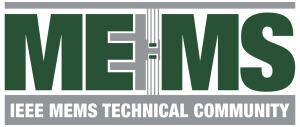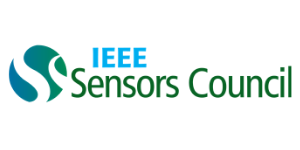Antti Vehkaoja received his D.Sc. (Tech.) degree in automation science and engineering and obtained a title of docent in methods for physiological monitoring from Tampere University of Technology, Tampere, Finland in 2015 and 2017, respectively.
He is currently an Associate Professor (tenure track) of Sensor Technology and Biomeasurements at the Faculty of Medicine and Health Technology, Tampere University, Finland.
He has authored more than 100 scientific articles in biomedical engineering domain, a major part dealing with wearable sensors for physiological measurements.
His research interests include development of photoplethysmography sensors and other wearable embedded measurement technologies for physiological measurements and related signal processing and data analysis methods.
Organizer Type: Focussed Session: Photoplethysmography Sensors and Applications
Christoph Hoog Antink received the M.S. degree in mechanical engineering from the University at Buffalo, USA, in 2011, and the Dipl. Ing. and Dr. Ing. (Ph.D.) degrees in electrical engineering from RWTH Aachen University, Germany, in 2012 and 2018, respectively. Until 2020, he was the Head of the Medical Signal Processing Group at the Chair for Medical Information Technology, RWTH Aachen. Since then, he is an Assistant Professor (tenure track) and the Head of KIS*MED (AI Systems in Medicine Laboratory), TU Darmstadt, Germany. His research interests include unobtrusive sensing of vital signs, sensor fusion, and machine learning in medicine.











